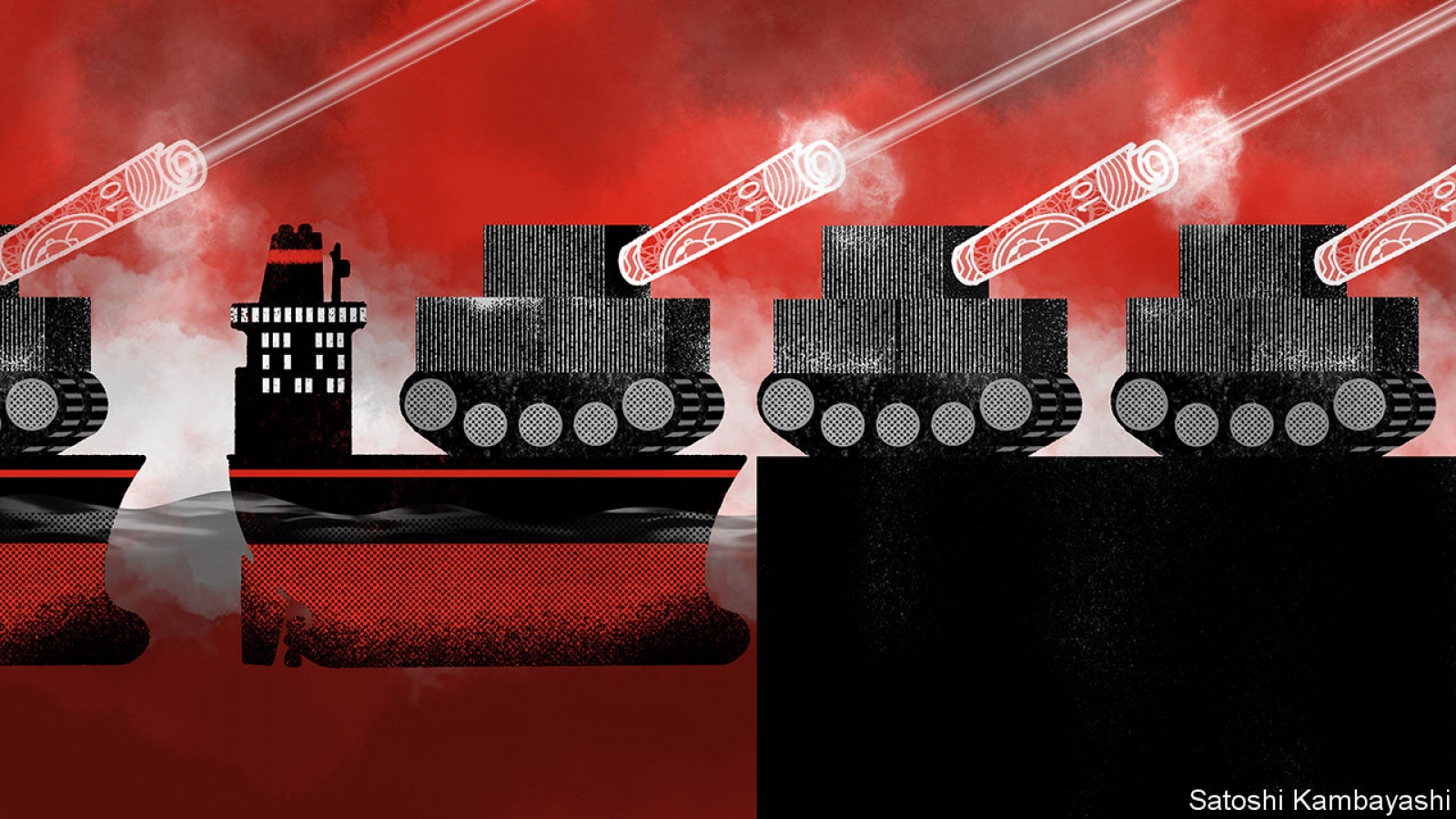
The Economist
In September 2013, The Economist published an article explaining whether or not it is left- or right- wing. The publication said it is "neither. We consider ourselves to be in the "radical centre."
The article continues:
"The Economist was founded in 1843 by James Wilson, a British businessman who objected to heavy import duties on foreign corn. Mr Wilson and his friends in the Anti-Corn Law League were classical liberals in the tradition of Adam Smith and, later, the likes of John Stuart Mill and William Ewart Gladstone. This intellectual ancestry has guided the newspaper’s instincts ever since: it opposes all undue curtailment of an individual’s economic or personal freedom. But like its founders, it is not dogmatic. Where there is a liberal case for government to do something, The Economist will air it. Early in its life, its writers were keen supporters of the income tax, for example. Since then it has backed causes like universal health care and gun control. But its starting point is that government should only remove power and wealth from individuals when it has an excellent reason to do so."
According to the 2014 Pew Research Study, Where News Audiences Fit on the Political Spectrum, the majority of The Economist readers hold political values to the left-of-center. Seventeen percent of The Economist's audience is conservative (compared with 26% of all respondents to the survey).
Carl von clausewitz, the Prussian military theorist, never wrote about currency wars. But some policymakers see them in his terms: as the continuation of trade politics by other means. That, at least, is how the Trump administration views China’s decision on August 5th to let its currency weaken past seven yuan to the dollar for the first time since 2008. Though arbitrary, that threshold has assumed huge symbolic importance among traders, economic officials and fund managers (see Buttonwood). They were left stunned.
America’s Treasury quickly branded China a “currency manipulator”, a charge it has not levelled against any country for 25 years. China, in the Americans’ view, was cheapening its currency to gain an unfair edge in retaliation for President Donald Trump’s surprise announcement four days earlier that he would impose new tariffs of 10% on roughly $300bn of Chinese goods.











